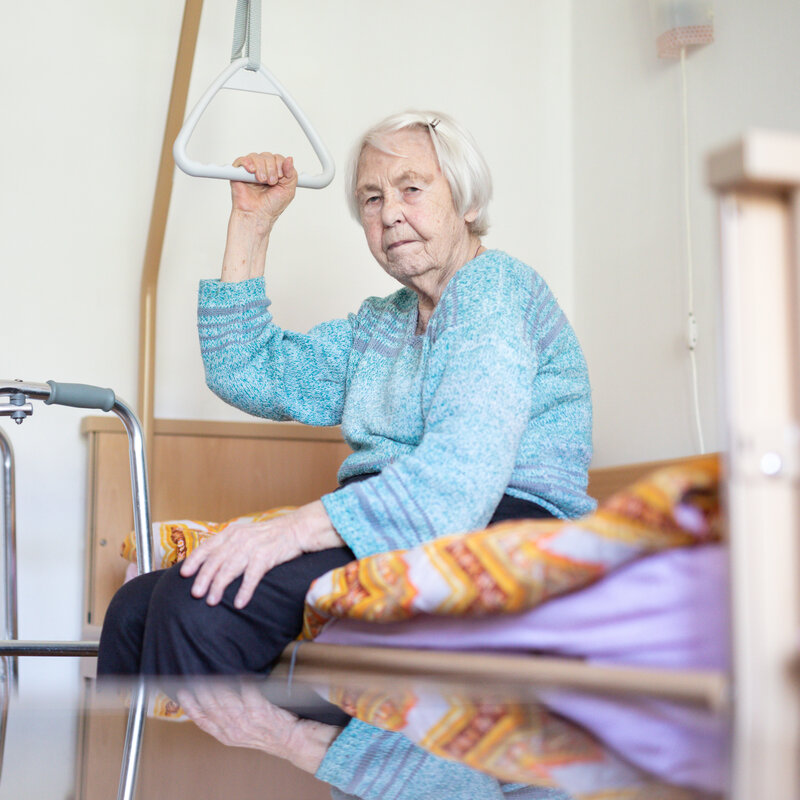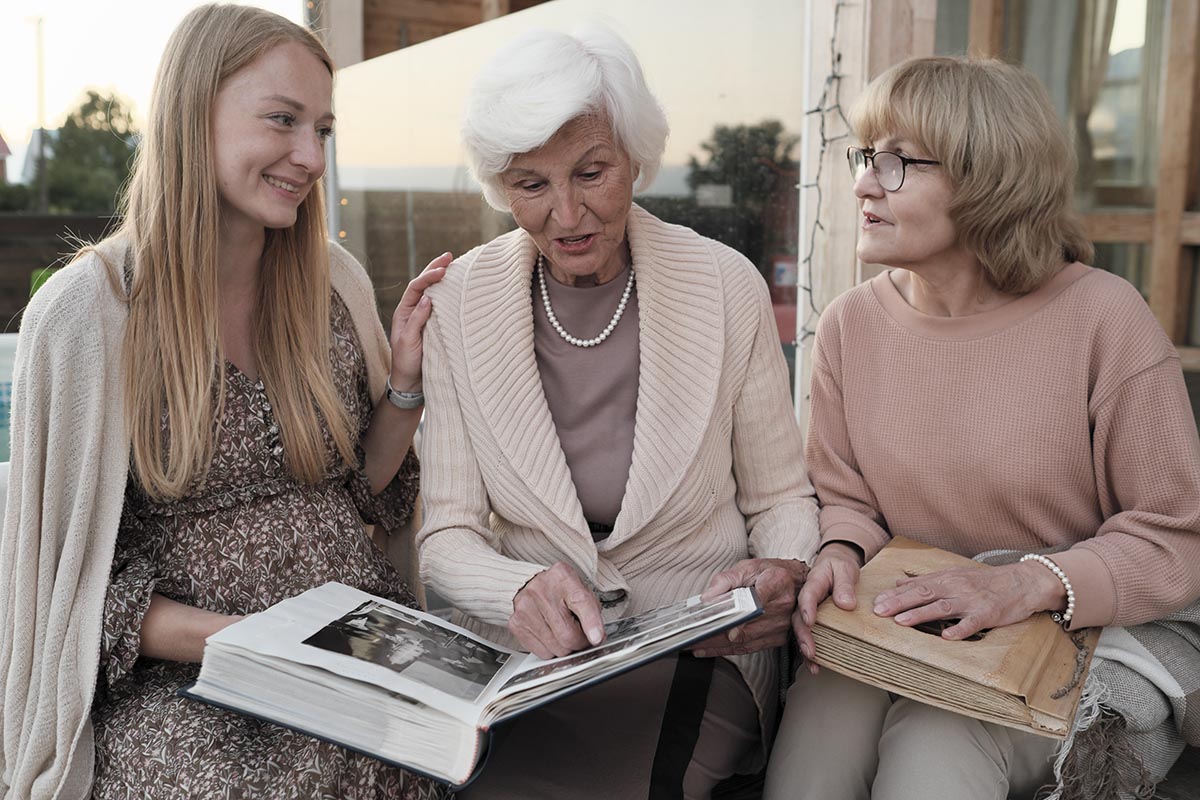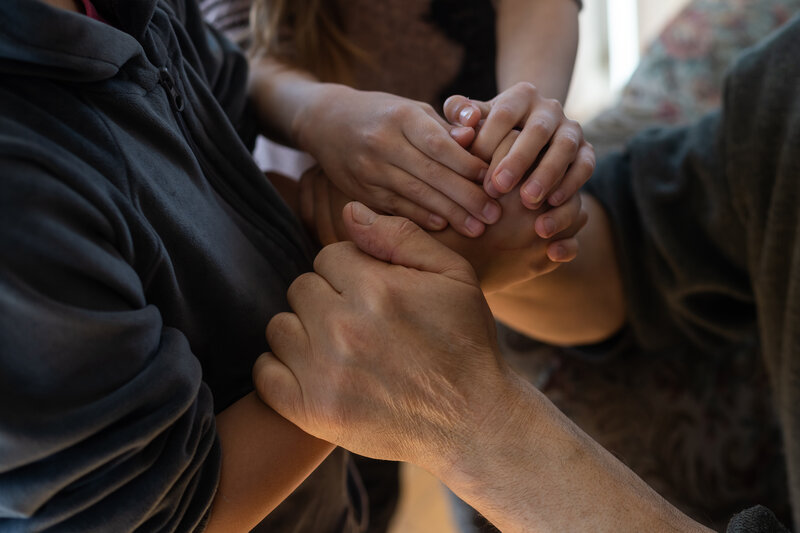Death Shouldn’t Hurt: Hospice Care & Pain Management

Fear of pain is the #1 reason people name why they’re afraid of dying. This is where hospice care comes into play. The sooner you contact local hospice agencies and learn about the services, the sooner patients and families have access to an incredible array of support tools, including pain management and comfort care.
Hospice Supports Patients & Families With Pain Management
We can’t specify enough that early is better with bringing hospice support on board. In a perfect world, patients would contact hospice immediately after receiving a terminal diagnosis. However, this is the best time to receive the information offered and to learn that patients who enlist hospice care long before death enjoy the highest quality of life and reduced pain and discomfort. Finding a hospice agency you trust that comes highly recommended by clients and that you feel comfortable with is essential to this process. Here are some of the ways hospice care supports healthy, balanced pain management and patient support to optimize comfort care for our clients.Emotional and mental support eases pain
Studies have shown that people who experience high levels of anxiety, worry, and fear also have higher pain levels. When in the presence of these shadow emotions, inflammation increases, immune function decreases, sleep disorders are more common, and the body tenses up. The full spectrum of hospice support offered to our clients and their families provides stress release, allowing patients to relax and rest more often. That naturally reduces pain levels.Thoughtful, appropriate, and balanced use of pain medications
Dying is not painful. Nobody feels physical pain because they’re dying. Instead, those who are dying experience pain related to the disease or condition causing their death. The pain associated with your disease, condition, syndrome, or the physical discomfort of being bedridden can almost always be managed with thoughtful and balanced use of pain medications. We recommend watching this short video clip from the world-respected hospice guru, Barbara Karnes R.N., briefly explaining how hospice respects and honors balanced pain and narcotic pain relief. Pain medication should NEVER be used to completely sedate a patient or incapacitate them. The goal is to relieve pain and increase comfort while allowing the mind to be as alert as possible. Death is a natural process, not a medical process, and those who are dying deserve the clarity required to work through their thoughts and emotions so they can go with greater ease, trust, and peace.Occasional use of anti-anxiety medication
In some cases, the family’s hospice box includes some type of anti-anxiety medication. We try to relieve anxiety without the use of medications whenever possible. If a client was on anti-anxiety or anti-depressants before they went on hospice, we continue that support along with any other hospice-related tools, equipment, or other support aids necessary. However, we may recommend the use of anti-anxiety medications if we notice common signs of heightened agitation with yet-to-be-discovered causes. This may show up in patients picking at bedsheets or their clothing, repeating physical motions, restless body language, moaning, etc. As with any pain medication, we use the smallest dose possible that provides relief.Emotional and spiritual support
We mentioned above that stress, anxiety, fear, and other “shadow” emotions have a direct correlation to physical pain. This is just as true for someone who faces the end of life. So often, our clients are working through deeply emotional experiences, traumas, regrets, grief, etc., Without proper support and resolution, those worries and concerns may manifest as misunderstood physical pain. Conversations about end-of-life thoughts, feelings, and emotions are essential to support a loved one where they’re at. However, there is a point where pretending the miracle is on the horizon or that they aren’t actually dying does far more harm than good. Your hospice team facilitates these conversations as desired, and we’re here to provide a wide range of FREE tools and support options, including:- Information and education about any and all aspects of the dying process and what comes next
- Spiritual support by our non-denominational chaplains
- Emotional and mental support via licensed therapists
- Unlimited access to hospice nurse hotlines, 24/7
- Respite care for primary caregivers and other volunteer services are offered by compassionate community members who are honored to listen to stories, fears, and concerns without judgment or fear.
- Grief support for the client and their family members








